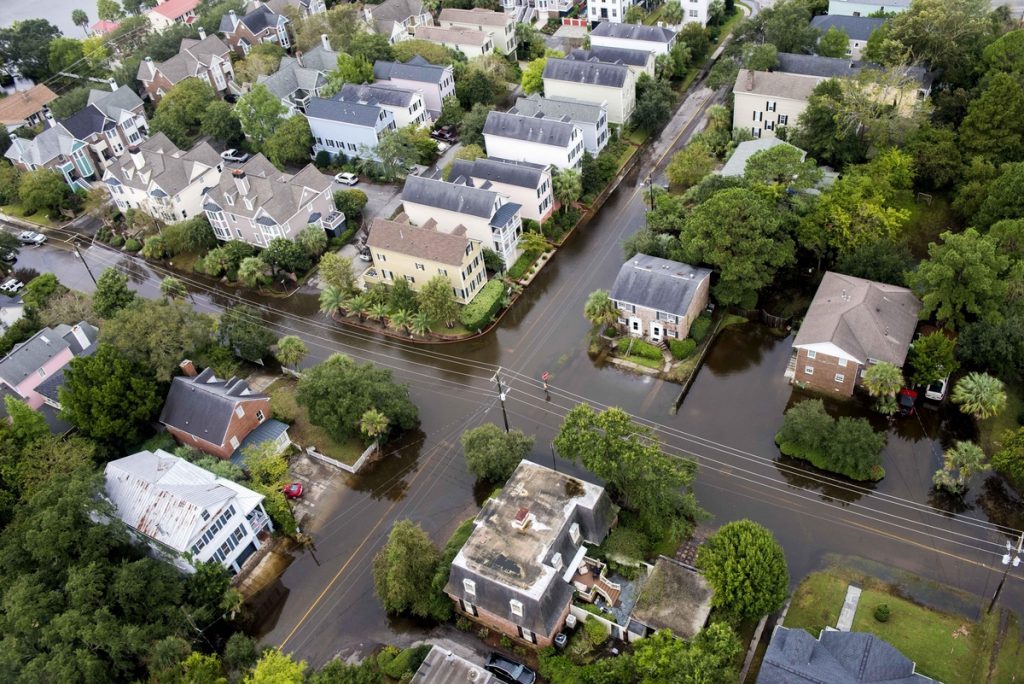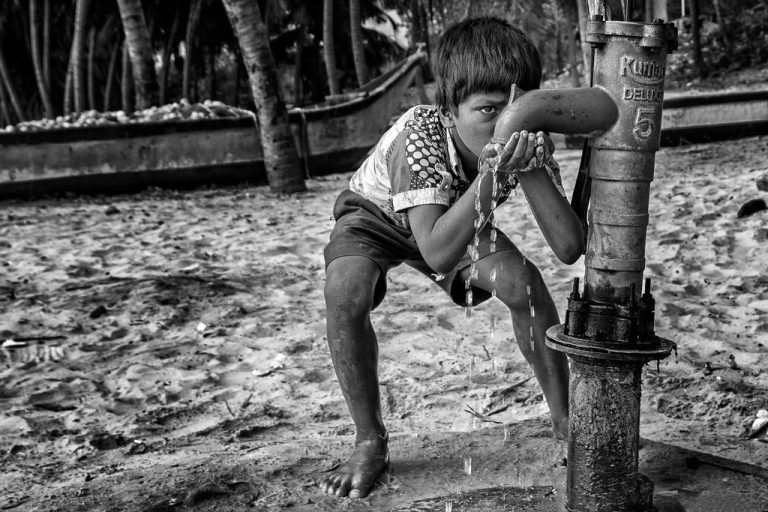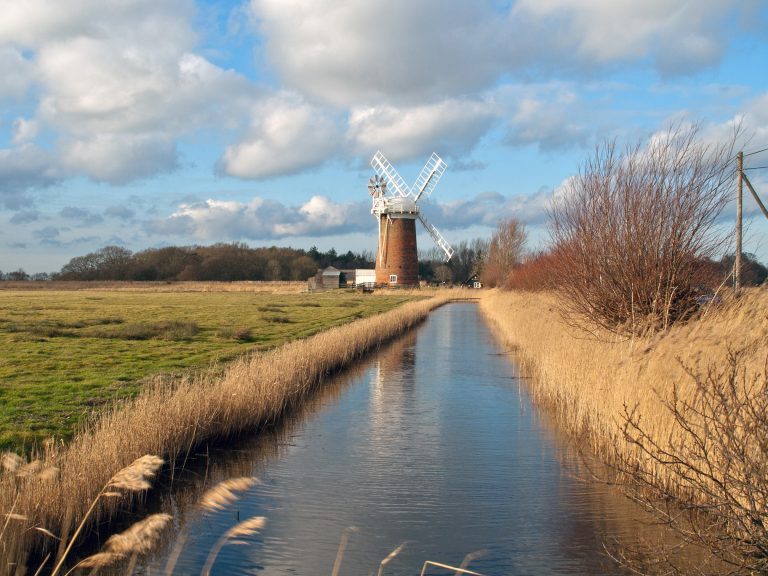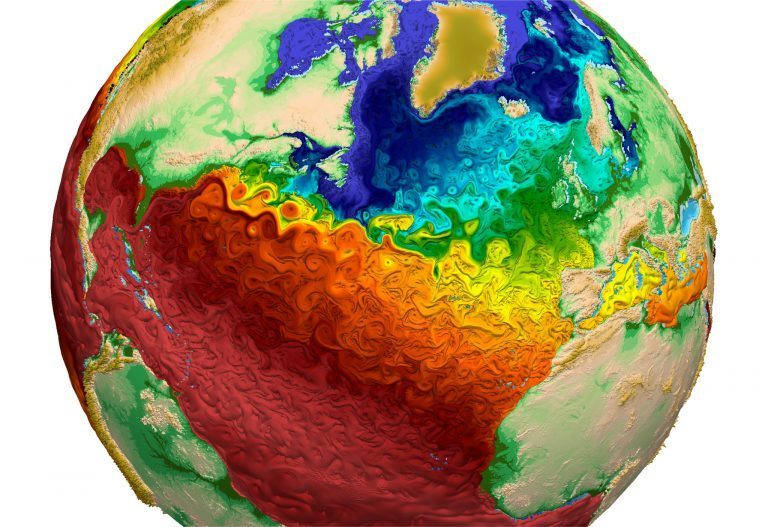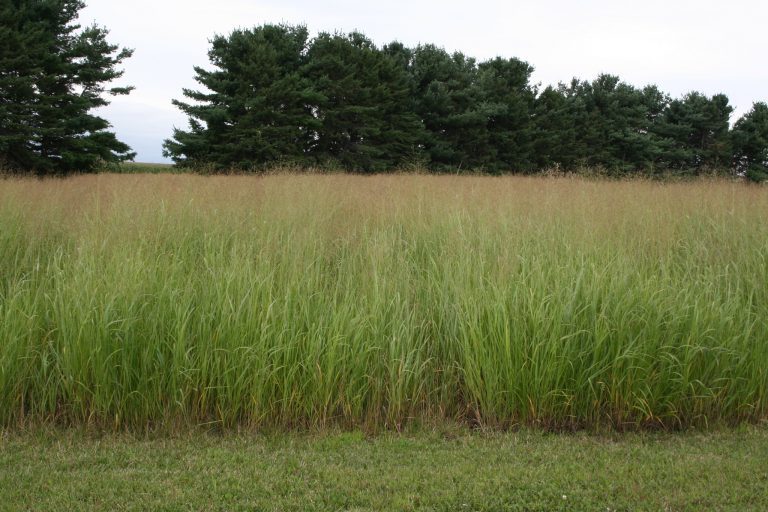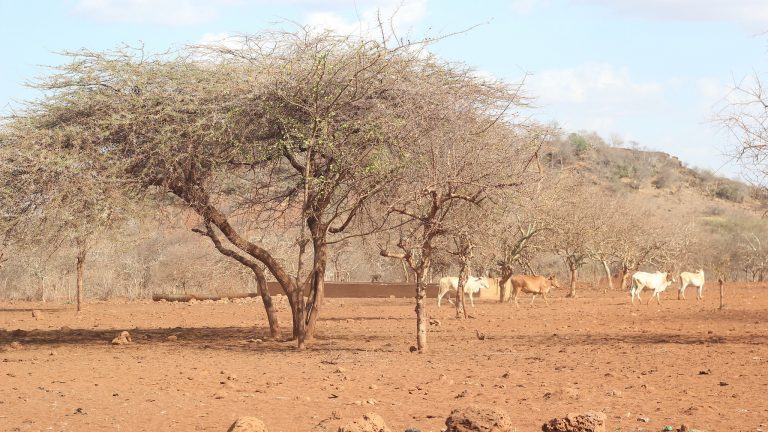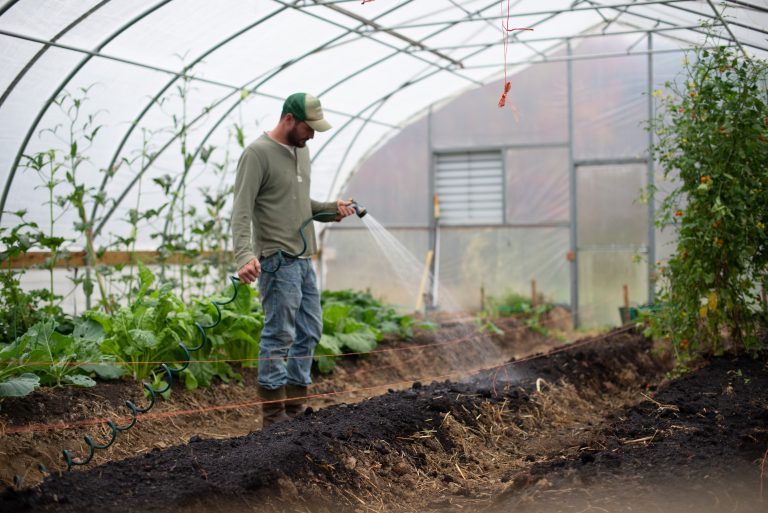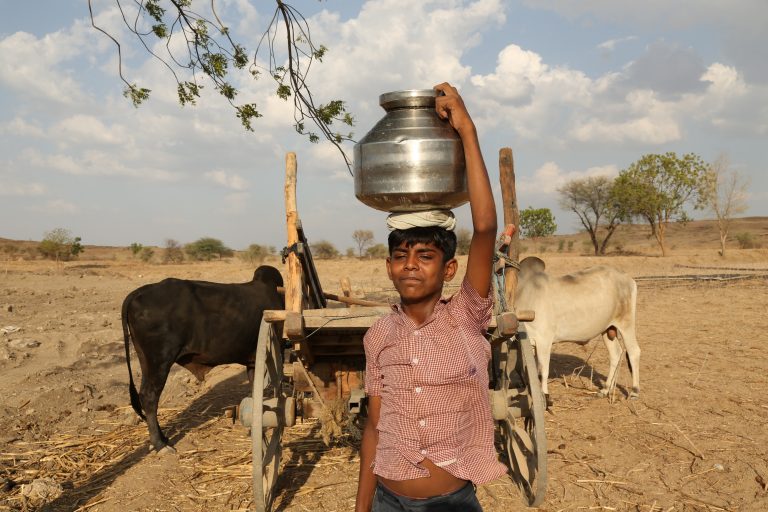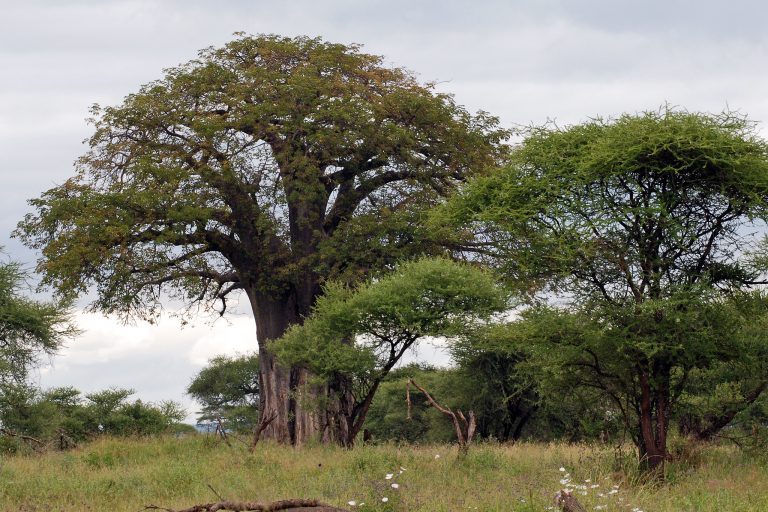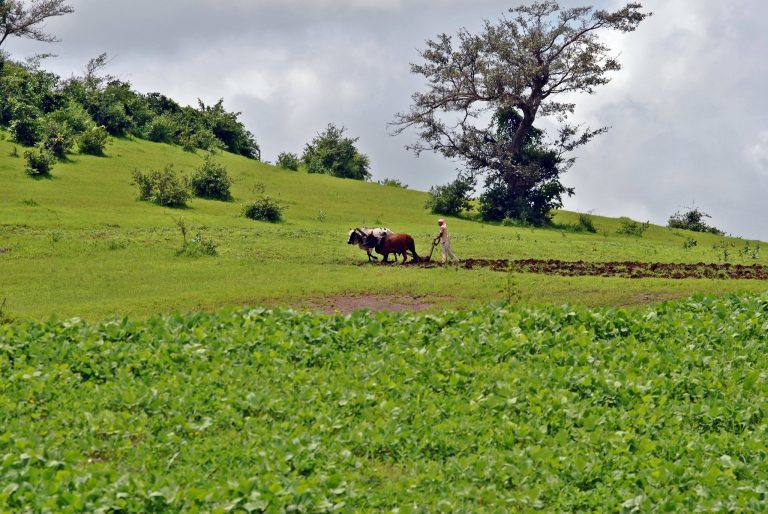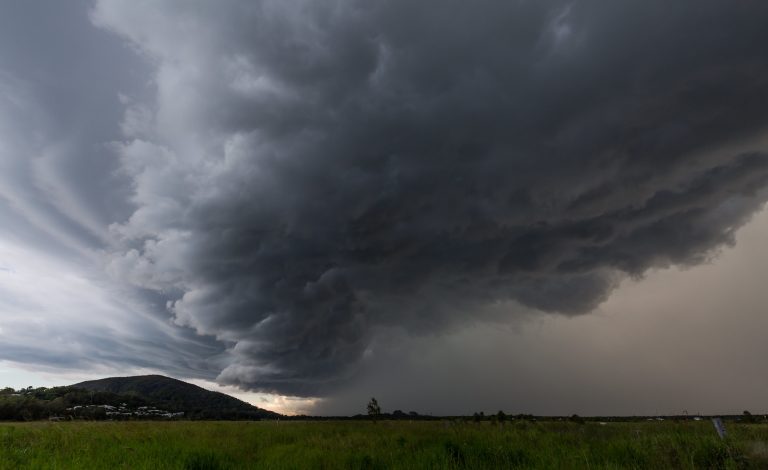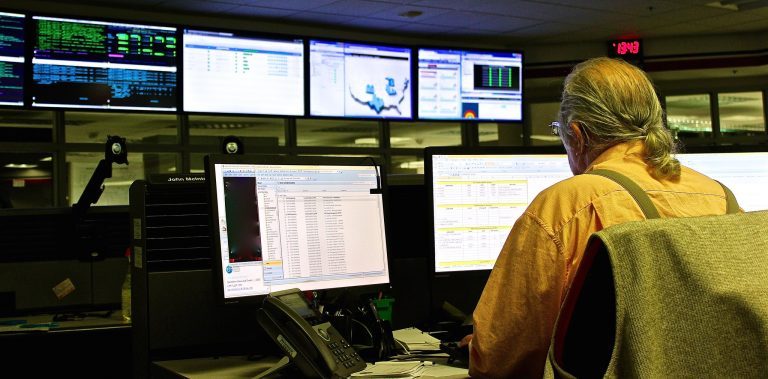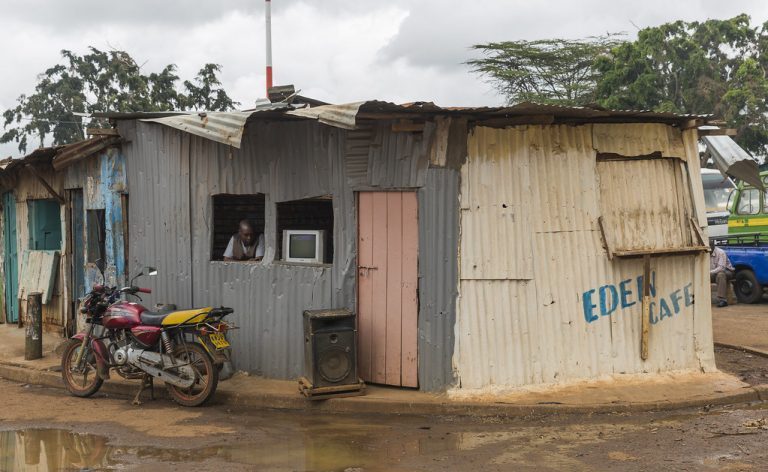Catalysing adaptation and resilience
In Catalysing Adaptation and Resilience we seek to better understand current and future risk, including changes to hazard, vulnerability, and exposure and hence resilience to climate change from global, national and local scales and across sectors and regions from North to South.
Focus areas include urban environments, energy infrastructure, biodiversity and its conservation, heritage, culture, and societal values. We explore the resilience of social and natural systems to climate risks, while stress-testing adaptation options, including their social impacts. This offers insights into the implications of climate change and associated interventions on development pathways and transformations, including analysis of inequalities. A key focus is the identification of synergies between adaptation and mitigation internationally and in the UK.
There is a growing need for better adaptation knowledge to support climate risk, recovery and resilience in the UK and elsewhere. This includes new frameworks for monitoring and evaluating progress on adaptation across sectors; new adaptation standards; analysis of different adaptation approaches, co-benefits and trade-offs between adaptation and net zero strategies.
With limited financial and other resources for the delivery of both net zero and adaptation, identifying solutions that contribute to both will support their successful implementation.
The Tyndall Centre’s integrated methods and models, such as the UK OpenCLIM framework, facilitate the incorporation of new climate, socio-economic and biophysical data into policy-orientated climate risk and policy assessments. To inform equitable and just decision-making, we also collect qualitative data on the values, beliefs and priorities of affected communities. We will continue to develop our existing tools and frameworks to support more comprehensive and joined-up assessments across multiple hazards, sectors and regions under a changing climate.
We developed the Tyndall Coastal Simulator for North Norfolk examining the interaction between coastal flooding and erosion and winning the Lloyds Risk Prize in 2012 (to Richard Dawson), See Nicholls et al (2015).
We developed the Urban Integrated Assessment Facility (UIAF) which developed an Integrated Assessment Modelling structure for London, combining sectoral economic analysis with transport demand analysis and environmental assessment for emissions and flood risk. See Ford et al (2019).
Jenkins, R., Warren, R,, Price, J. (2021). Addressing risks to biodiversity arising from a changing climate: The need for ecosystem restoration in the Tana River Basin, Kenya. PLoS ONE 16(7): e0254879.
Kennedy-Asser, A., Andrews, O., Mitchell D, M., Warren, R. F. (2021). Evaluating heat extremes in the UK climate projections. Environ. Res. Lett. 16 014039.
Yin, Z., Hu, Y., Jenkins, K., He, Y., Forstenhäusler, N., Warren, R., Yang, L., Jenkins, R., Gabo, D. (2021). Assessing the economic impacts of future fluvial flooding in six countries under climate change and socio-economic development. Climatic Change 166, article no 38.
Wang, D., Jenkins, K., Forstenhäusler, N., Lei, T., Price, J., Warren, R., Jenkins, R., Guan, D. (2021). Economic impacts of climate-induced crop yield changes: Evidence from agri-food industries in six countries. Climatic Change 166, article no. 30.
Brown, S., Jenkins, K., Goodwin, P., Lincke, D., Vafeidis, A. T., Tol, R. S. J., Jenkins, R., Warren, R., Nicholls, R. J., Jevrejeva, S., Sanchez Arcilla, A., Haigh, I. D.(2021). Global cost of protecting against sea level rise at 1.5 to 4°C. Climatic Change 167, article no 4.
Few, R., Chhotray, V., Tebboth, M., Forster, J. et al. (2020) COVID-19 Crisis: Lessons for Recovery. What can we learn from existing research on the long-term aspects of disaster risk and recovery? The British Academy, London.
Zommers, Z., Warren, R., et al. (2020). Burning Embers: Towards more transparent and robust climate change risk assessments. Nature Reviews Earth & Environment 1, 516-529
Temitope Samuel Egbebiyi, Olivier Crespo, Christopher Lennard, Modathir Zaroug, Grigory Nikulin, Ian Harris, Jeff Price, Nicole Forstenhäusler, Rachel Warren. (2020) ‘Investigating the potential impact of 1.5, 2 and 3 °C global warming levels on crop suitability and planting season over West Africa’. Peer J., https://peerj.com/articles/8851/
Ford, A. Barr, S., Dawson, E., Virgo, J., Batty, M., Hall, J. (2019) A multi-scale urban integrated assessment framework for climate change studies: A flooding application. Computers, Environment and Urban Systems 75, 229-243
Hoegh-Guldberg, O., Jacob, D., Taylo M., Guillen Bolanos T, Bindi M, Brown S, Camillioni IA, Diedhou A, Dialant R, Ebi K, Engelbrecht F, Guiot J, Hijioka Y, Mehrote S, Cope CW, Payne AJ, Portner HO, Seneviratne SI, Thomas A, Warren R, Zhou G. (2019). The human imperative of stabilizing global climate change at 1.5C. Science 365, 6459-6463
Nicholls, R.J., Adger, W.N., Hutton, C.W. and Hanson, S.E. (Eds) (2019) Deltas in the Anthropocene, Palgrave, ISBN 978-3-030-23516-1, 282pp.
Nicholls, R.J., Hutton, C.W., Adger, W.N., Rahman, M., Salehin, M. and Hanson, S.E. (Eds) (2018) Ecosystem services in deltas – Integrated assessment for policy analysis, Palgrave, ISBN 978-3-319-71093-8, 539pp.
Dawson RJ, Thompson D, Johns D, Wood R, Darch G, Chapman L, Hughes PN, Watson GVR, Paulson K, Bell S, Gosling SN, Powrie W, Hall JW. (2018) A systems framework for national assessment of climate risks to infrastructure. Philosophical Transactions of the Royal Society A, 376(2121), 20170298.
Dietz, S., et al. including Warren R. (2018) The economics of 1.5°C climate change Annual Review Environment and Resources 43, 455-480
Ford A, Dawson R, Blythe P, Barr S. (2018) Land-use transport models for climate change mitigation and adaptation planning. Journal of Transport and Land Use, 11(1), 83-101.
Smith P., Price J., Molotoks A., Warren R., and Malhi Y. (2018). Impacts on terrestrial biodiversity of moving from a 2°C to a 1.5°C target. Phil Trans Roy Soc A 376: 20160448 DOI 10.1098/rsta.2016.0456.
Warren, R., Price, J., Graham, E., Forstenhaeusler N., Vanderwal J. (2018). The projected effect on insects, vertebrates and plants of limiting global warming to 1.5°C rather than 2°C. Science 360, 791-795
Warren, R., Price J., Vanderwal J., Cornelius S, and Sohl, H. (2018). The implications of the United Nations Paris Agreement on Climate Change for Globally Significant Biodiversity Areas. Climatic Change 147, 395-409.
Warren, R., Wilby, R.L., Brown K., Watkiss P., Betts R.A., Murphy J.M., and Lowe J.A. (2018). Advancing national climate change risk assessment to deliver national adaptation plans. Phil Trans Roy Soc A 376: 2017029
Forster, J., Turner, R., Fitzsimmons, C., Peterson, A., Mahon, R. & Stead, S., (2017) Evidence of a common understanding of proximate and distal drivers of reef health. Marine Policy. 84, 263-272
Hall, J.W., Tran, M., Hickford, A. and Nicholls, R.J. (Eds.) (2016) The Future of Infrastructure Systems, Cambridge University Press, ISBN 1107066026, 338pp.
Nicholls RJ, Dawson RJ, Day SA. (Eds.) (2015). Broad Scale Coastal Simulation: New Techniques to Understand and Manage Shorelines in the Third Millennium, Springer. ISBN-13: 978-9400752573.

